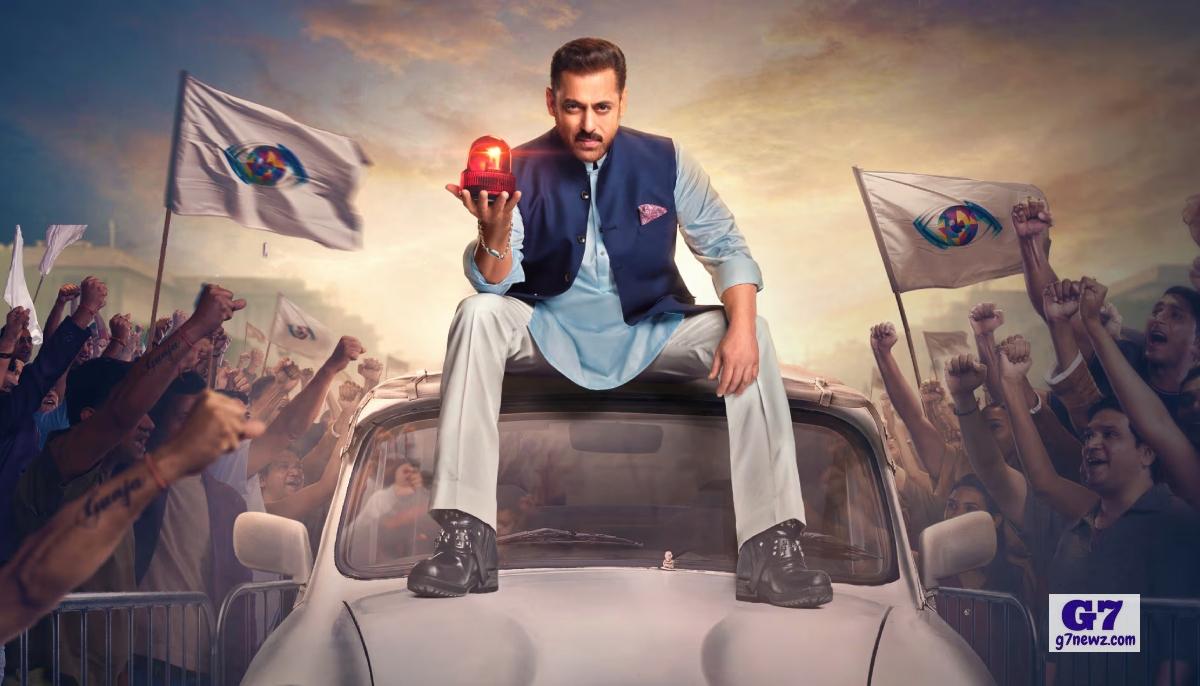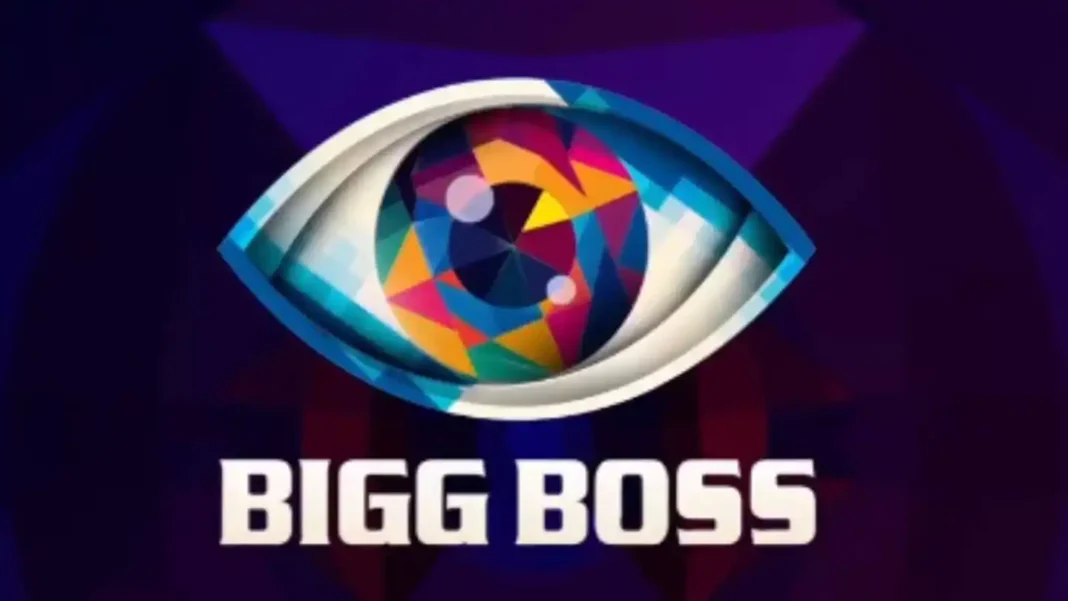The ongoing season of Bigg Boss 19 has found itself at the center of a legal storm after a major music rights society issued a legal notice of ₹2 crore to the show’s makers for allegedly using songs without proper licensing. The dispute underscores a growing tension between the entertainment industry’s hunger for popular music and the stringent copyright regulations designed to protect artists and rights holders.
This development is not only a high-profile challenge for one of India’s most watched reality television programs but also a cautionary tale for the entire entertainment sector. As streaming platforms, television channels, and social media producers increasingly rely on popular music to drive engagement, the lines between fair use, licensing, and infringement have never been more scrutinized.
The Heart of the Dispute
At the center of the controversy is the allegation that several hit songs were used during episodes of Bigg Boss 19 without securing the appropriate public performance or synchronization licenses. In India, such rights are typically managed by performance rights organizations that represent composers, lyricists, and record labels. One such body, Phonographic Performance Limited (PPL), has reportedly served the show’s producers with a legal notice demanding ₹2 crore in compensation.
According to PPL’s claim, the show allegedly featured multiple tracks under its repertoire without obtaining the necessary permissions. These could include background scores during contestant introductions, celebratory moments, and promotional clips shared online. Such uses, while seemingly innocuous, fall under strict licensing norms if the songs are part of a copyrighted catalog.
Why Licensing Matters
Music licensing is not merely a bureaucratic hurdle; it’s the backbone of fair compensation in the creative economy. When a television show uses a popular track, it taps into the cultural capital and emotional resonance built by the original artists and producers. In return, the law requires payment of royalties to ensure that rights holders benefit from the commercial use of their work.
There are typically two key licenses involved in such cases:
-
Public Performance License – for playing the song in public or broadcast settings.
-
Synchronization License – for pairing the song with video or other visuals in a way that creates a new product.
Failing to secure either can amount to copyright infringement, which can trigger legal action ranging from financial penalties to injunctions stopping further use.
Bigg Boss and the Allure of Popular Music
Bigg Boss has long been one of the biggest reality television franchises in India. Each season draws millions of viewers with its high-octane mix of drama, competition, and celebrity participation. Music plays a critical role in building the show’s atmosphere—introducing contestants, highlighting conflicts, or adding emotional depth to key scenes.
By using well-known songs, producers create instant connections with audiences. A catchy number can amplify a moment’s impact and go viral on social media, boosting the show’s visibility even further. However, this commercial value also makes unlicensed use a sensitive issue for rights holders.
The Legal Notice and Its Implications
The ₹2 crore legal notice reportedly seeks compensation for past uses of copyrighted music as well as a commitment to obtain proper licenses for future episodes. If the dispute escalates, the producers of Bigg Boss 19 could face additional penalties, reputational damage, or even court injunctions halting certain broadcasts.
For the rights society, the move signals an aggressive stance to protect its members’ interests. Performance rights organizations in India have, in recent years, stepped up their enforcement efforts, filing lawsuits and issuing notices to restaurants, clubs, and event organizers using music without licenses. Targeting a high-profile television show is both a legal maneuver and a public statement.
A Wider Industry Problem
While the Bigg Boss 19 dispute makes headlines, it reflects a systemic issue in Indian entertainment. Many content creators—from wedding planners to OTT platforms—use music without fully understanding licensing obligations. Some believe that purchasing a song on a consumer platform grants the right to use it publicly, which is not the case. Others rely on blanket licenses from one rights body, unaware that the same song may require separate permissions from multiple entities.
This complexity often leads to inadvertent infringements. However, as music royalties become a larger revenue stream for labels and artists, enforcement is intensifying. Legal experts argue that the Bigg Boss 19 case could set a precedent for stricter compliance by television and streaming producers.
Artists’ Rights and Fair Compensation
The dispute also highlights the larger conversation about artists’ rights in the digital era. Musicians, composers, and lyricists often rely on royalty payments long after a song’s initial release. Unauthorized use in high-visibility shows can undermine that income and devalue their work.
In recent years, India’s music industry has pushed for stronger legal frameworks and awareness campaigns to ensure creators are compensated fairly. The Bigg Boss 19 controversy reinforces the message that even the largest entertainment entities must respect copyright laws.

Possible Outcomes
The legal notice is only the first step in what could be a drawn-out process. Several outcomes are possible:
-
Out-of-Court Settlement: The show’s producers may negotiate a licensing agreement and financial settlement with PPL to avoid prolonged litigation.
-
Court Battle: If negotiations fail, the case could proceed to court, potentially resulting in fines or injunctions.
-
Industry Guidelines: The dispute might spur industry bodies to develop clearer guidelines for music use in reality shows, reducing confusion for producers.
Any resolution will likely carry lessons for other content creators navigating India’s complex music rights landscape.
Learning from the Past
This is not the first time a high-profile entertainment property has been accused of copyright infringement. Over the years, several film producers, event organizers, and broadcasters have faced legal action for unlicensed use of songs. Each case adds to a growing body of jurisprudence that clarifies how music licensing works in India.
For television shows, the stakes are particularly high because episodes are produced quickly and rely heavily on post-production to add music and sound effects. Without dedicated compliance teams, it is easy for unlicensed tracks to slip through the cracks.
Impact on Future Seasons
The dispute may prompt the Bigg Boss franchise to overhaul its approach to music rights. Future seasons could feature more original compositions, royalty-free tracks, or pre-cleared libraries to avoid legal complications. This shift could, in turn, influence how viewers experience the show. While original music might lack the instant familiarity of hit songs, it offers creative control and eliminates the risk of copyright challenges.
A Wake-Up Call for Content Creators
For the broader entertainment industry, the ₹2 crore notice serves as a wake-up call. It underscores the need for robust legal checks at every stage of production, from concept to broadcast. Licensing fees may appear costly upfront, but they are far cheaper than litigation or reputational damage.
Legal consultants recommend that producers:
-
Maintain a comprehensive log of every track used in production.
-
Secure both performance and synchronization licenses before broadcast.
-
Work with experienced rights clearance professionals.
-
Educate creative teams about copyright basics to prevent inadvertent infringements.
The copyright dispute over the unauthorized use of songs on Bigg Boss 19 is more than a headline-grabbing controversy; it’s a reflection of an industry in transition. As Indian entertainment expands across platforms and audiences, the need for responsible content creation and respect for intellectual property has never been greater.
Whether resolved through settlement or litigation, this case will likely influence how reality shows and other productions handle music rights going forward. For the creators of Bigg Boss 19, it’s a costly reminder that even the most successful shows are not above the law. For artists and rights holders, it’s a sign that their work—and their royalties—are finally being defended with vigor.
Ultimately, the dispute may help usher in a more transparent, fair, and legally compliant entertainment ecosystem—one where popular music continues to enrich television and streaming content, but always with the proper licenses in place.




